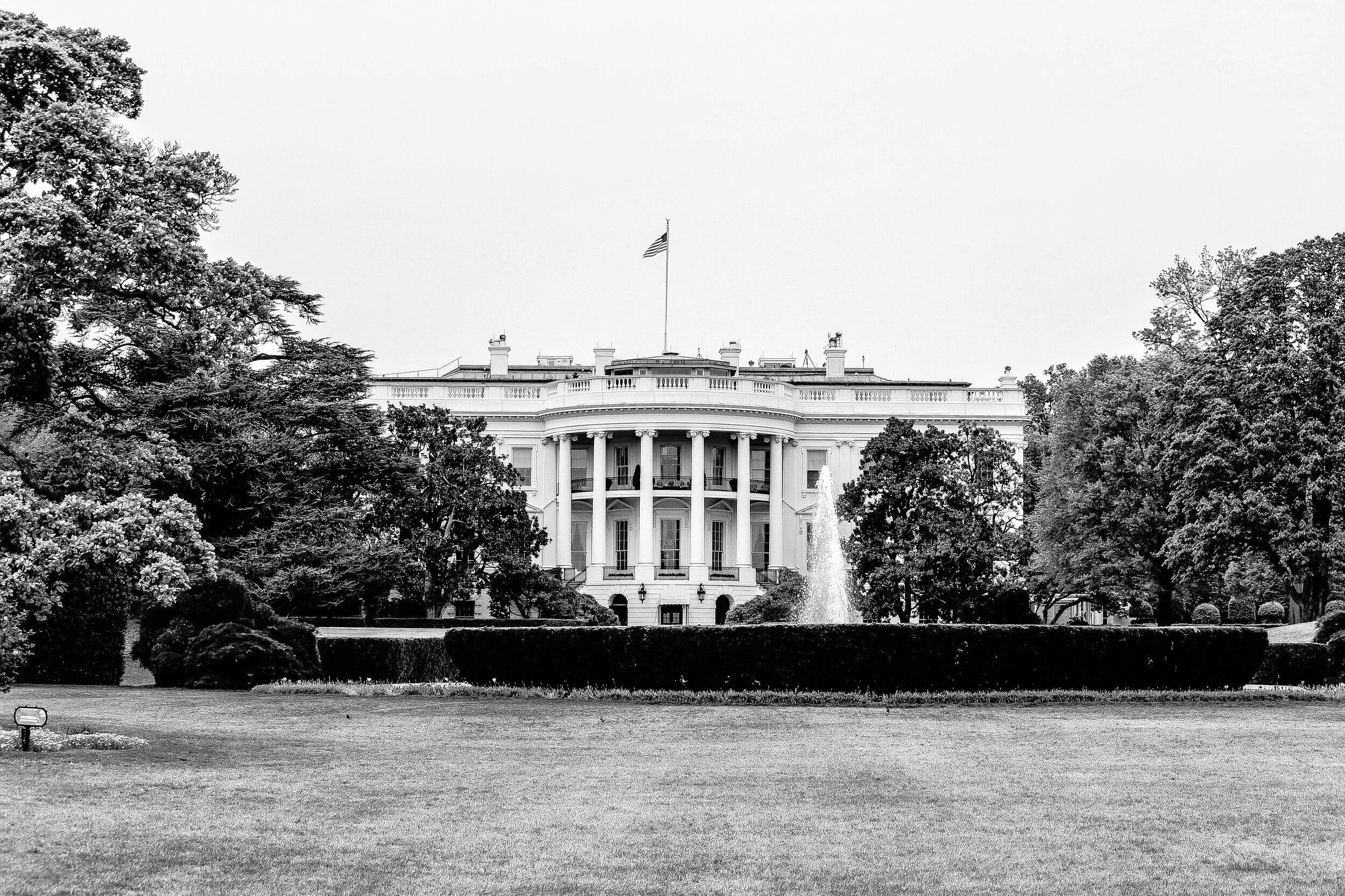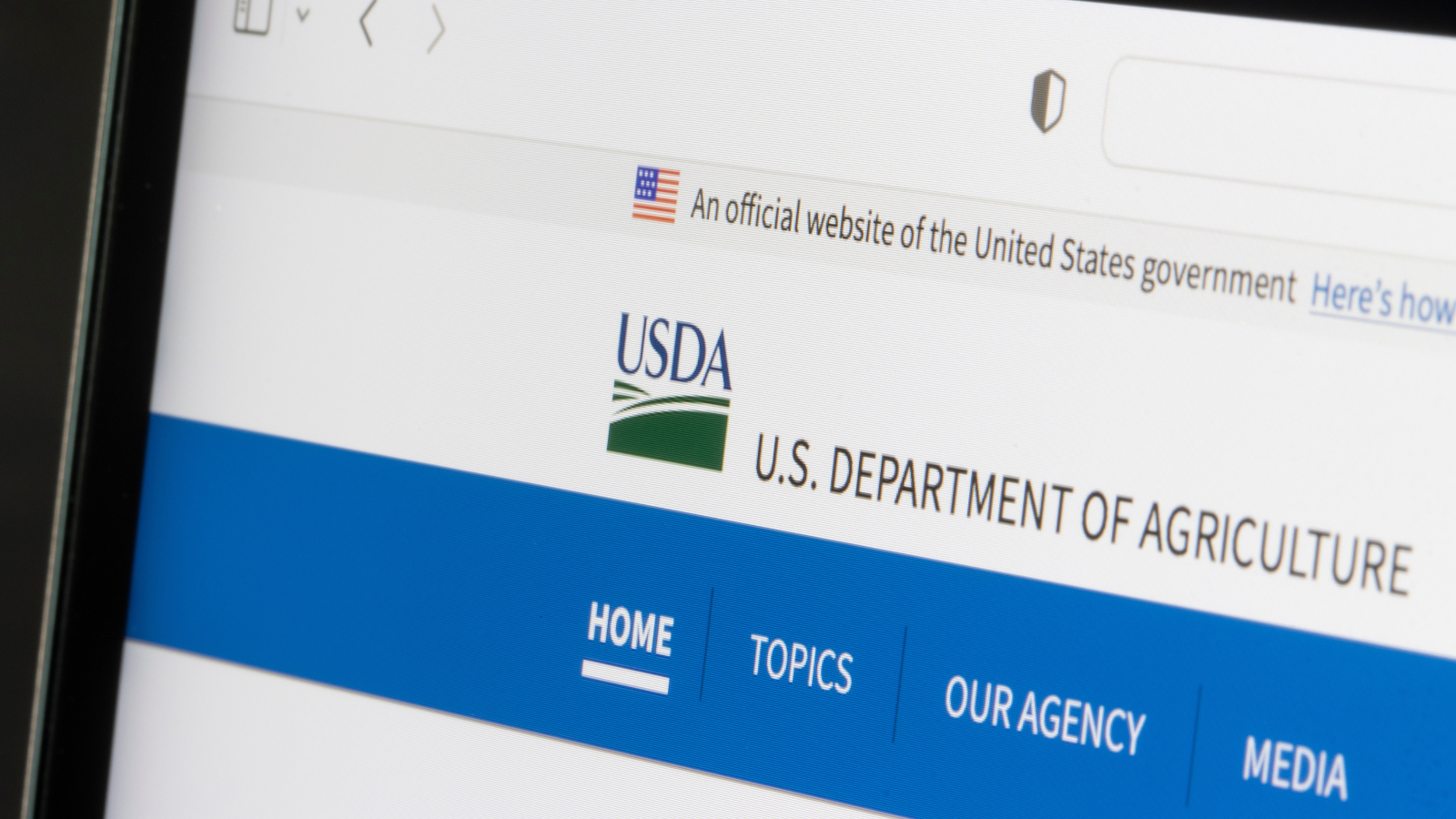Preventing Abuse of Presidential Power
- March 20, 2021

Overview
A core tenet of our democracy is that no one — not even the president — is above the law.
This tenet is reflected in our Constitution. The Take Care Clause commands that a president shall “take Care that the Laws be faithfully executed,” and that the president is required to take an oath to “faithfully execute the Office of President.” It was no accident that the Framers included this requirement in the Constitution twice — for representative government only works if those in office act in good faith and in the public interest, not corruptly for his or her own self-interest.
Protect Democracy has been leading broad efforts to ensure that the American people are able to understand the attack on our 2016 election, the president’s efforts to interfere with the investigation into that attack, and subsequent actions that the president has taken to abuse his power since taking office. President Trump must be held accountable for his wrongdoing.
We have proposed a package of legislative proposals to restore the rule of law and ensure that the abuses of power we are now witnessing never happen again.
Additionally, we filed an amicus brief in Collins v. Mnuchin on behalf of Fordham Law Professor Jed H. Shugerman. The brief uses newly analyzed historical records from 1789 to demonstrate that there was never widespread support in the first Congress for the view that the Constitution grants the president unlimited power to remove agency heads. Protecting agency officials’ independence is an essential check on the president’s power.
Obstruction of JusticeObstruction of Justice
Special Counsel Robert Mueller’s investigation uncovered ten instances of President Trump potentially obstructing the Russia probe. However, Mueller declined to make a traditional prosecutorial decision because of a Department of Justice legal memo stating that sitting presidents cannot be charged with a crime. But in the view of more than 1,000 former federal prosecutors, appointed by Republican and Democratic administrations alike, Trump would have been indicted for obstruction of justice based on the evidence in the Mueller report — if he were any American not protected by the office of the presidency.
“Obstruction of justice and perjury are far more important than most normal crimes,” says one of the prosecutors, Paul Rosenzweig, who was an appointee of President George W. Bush to the Department of Homeland Security. “They go to the absolute core of how the rule of law functions in this society.”
You can read the prosecutors’ full statement here.
Below is a video produced by Protect Democracy and NowThis featuring some of the prosecutors speaking in their own words:
And here is a different video featuring some of the Republican-appointed prosecutors, produced by Protect Democracy and Republicans for the Rule of Law.
Congressional OversightCongressional Oversight
Before the Mueller Report was released, Protect Democracy published three white papers laying out a framework for Congress to use in fulfilling its constitutional role as a check on the president. These reports place Congress’s role in a historical context, including its responsibility to continue oversight on any connection between President Donald Trump’s campaign and Russia’s attack on the 2016 election and President Trump’s efforts to interfere with Special Counsel Robert Mueller’s investigation of that attack. As we explain, independent investigations into potential wrongdoing by members of the executive branch have a long history in the United States, stretching back over a century. Since the Watergate investigation in the 1970s, there have been 19 public independent investigations under the now-expired independent counsel statute or special counsel regulations.
- Read the summary here.
- Read the summary here.
- Read the summary here.
Presidential Abuse of Power
Preventing Presidential Abuse of Power Act of 2019
Since Watergate, we have had a bipartisan consensus that presidents may not use their official powers to interfere in the administration of justice to protect themselves, place themselves above the law, or target their political opponents. President Trump, however, has gone to remarkable lengths to try to put himself above the law and politicize the agencies that would investigate him and his associates, smashing the guardrails that were established after Watergate to prevent presidents from abusing their power.
It’s therefore time for Congress to reinforce the policies that for 40 years helped to prevent presidents from acting corruptly. Congress should enact a package of reforms to help restore the Constitution’s system of checks and balances. This package will affirm and codify the Constitution’s limitations on the abuse of executive power, create enforcement mechanisms, and increase transparency in areas where separation of powers concerns are most acute.
The Constitution — in two places — requires the president to act in good faith to enforce the laws. This package would implement and uphold that constitutional requirement.
The proposals fall into eight buckets:
- Prohibiting improper interference with the fair administration of justice
- Deterring abuse of the pardon power
- Prohibiting abuse of the appointments process
- Preventing White House disinformation or bad faith factual determinations
- Reaffirming that the president is not above the law
- Prohibiting political abuse of security clearance process
- Prohibiting abuse of official powers to interfere in an election
- Ensuring that White House staff serve the public
While each of these proposals are worthy of standalone legislation, they are stronger together as a comprehensive package. In the wake of the abuses of power uncovered by the Mueller Report and ongoing assaults on democratic norms, this package would send a strong message to the American public that there are those in Congress fighting to uphold the rule of law and ensure that the abuses of power we are now witnessing never happen again.
Federal Amicus PracticeFederal Amicus Practice
Collins v. Mnuchin: Congress can limit the president’s removal power
Collins v. Mnuchin concerns shareholders of corporations Fannie Mae and Freddie Mac, who argue that the Federal Housing Finance Agency’s (FHFA) structure violates the separation of powers because the agency is led by a single individual who cannot be removed from office by the president at will.
In 2019, the U.S. Court of Appeals for the Fifth Circuit held, in relevant part, that the FHFA’s structure is unconstitutional because it created for-cause removal protections for the agency head, who is a single individual, rather than a multi-member body.
Protect Democracy filed an amicus brief on behalf of Fordham Law Professor Jed H. Shugerman arguing that the president does not have unlimited power to remove heads of federal agencies. Professor Shugerman relies on new historical evidence from the first Congress to reject the unitary executive theory. In fact, as Professor Shugerman’s research reveals, the first Congress enacted numerous limitations on the president’s ability to remove agency heads. Agency structures like the FHFA’s, which have for-cause removal protections of a single agency head, are consistent with the Constitution and the country’s history since the founding.
This brief is part of our broader efforts to prevent presidential abuses of power.
Latest UpdatesLatest Updates
Protect Democracy provided testimony at the House Select Committee on the Modernization on how to re-empower Congress Mar. 25, 2021 Protect Democracy provided testimony at the House Select Committee on the Modernization on how to re-empower Congress
Protect Democracy Files Amicus Brief in Collins v. Mnuchin Rejecting the Theory that the President’s Power Over the Executive Branch is Absolute Oct. 30, 2020 Protect Democracy Files Amicus Brief in Collins v. Mnuchin Rejecting the Theory that the President’s Power Over the Executive Branch is Absolute
SCOTUS Rejects Absolute Immunity Arguments in Trump v. Vance and Mazars/Deutsche Bank July 9, 2020 SCOTUS Rejects Absolute Immunity Arguments in Trump v. Vance and Mazars/Deutsche Bank
Featured Press
The President’s Legal Shell Game to Avoid Accountability Lawfare, Mar. 20, 2020 The President’s Legal Shell Game to Avoid Accountability
Did Trump Commit ‘Bribery’? Pelosi’s Impeachment Accusation, Explained The New York Times, Nov. 15, 2019 Did Trump Commit ‘Bribery’? Pelosi’s Impeachment Accusation, Explained
Related Content
It can happen here.
We can stop it.
Defeating authoritarianism is going to take all of us. Everyone and every institution has a role to play. Together, we can protect democracy.
Donate
Sign Up for Updates Sign Up for Updates
Explore Careers Explore Careers
How to Protect Democracy How to Protect Democracy

